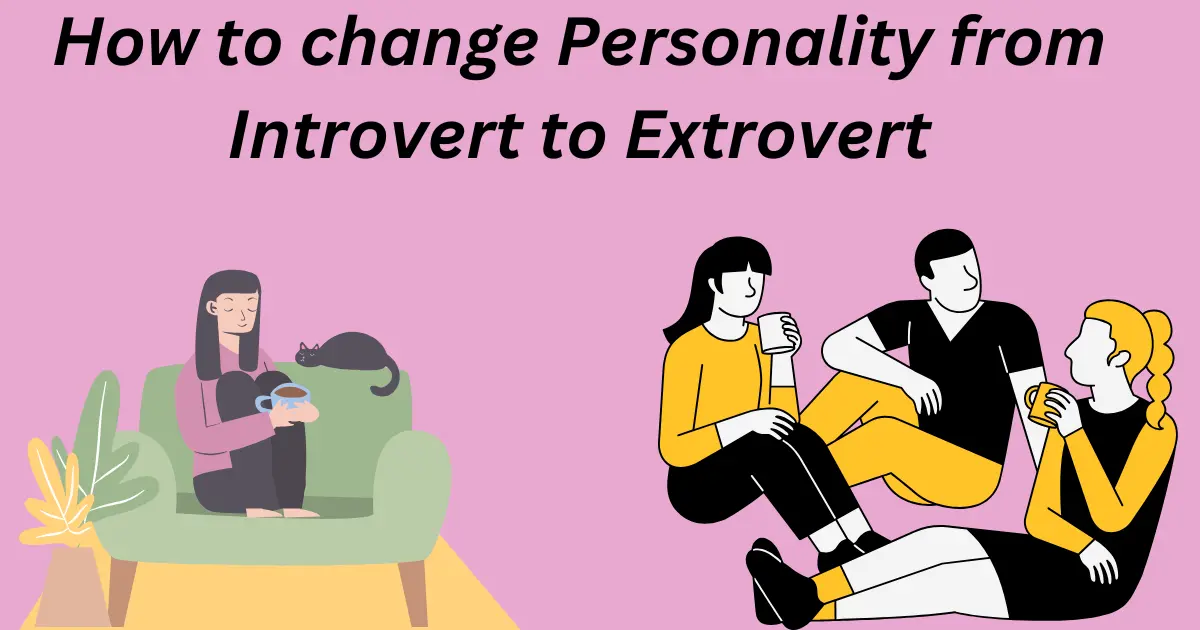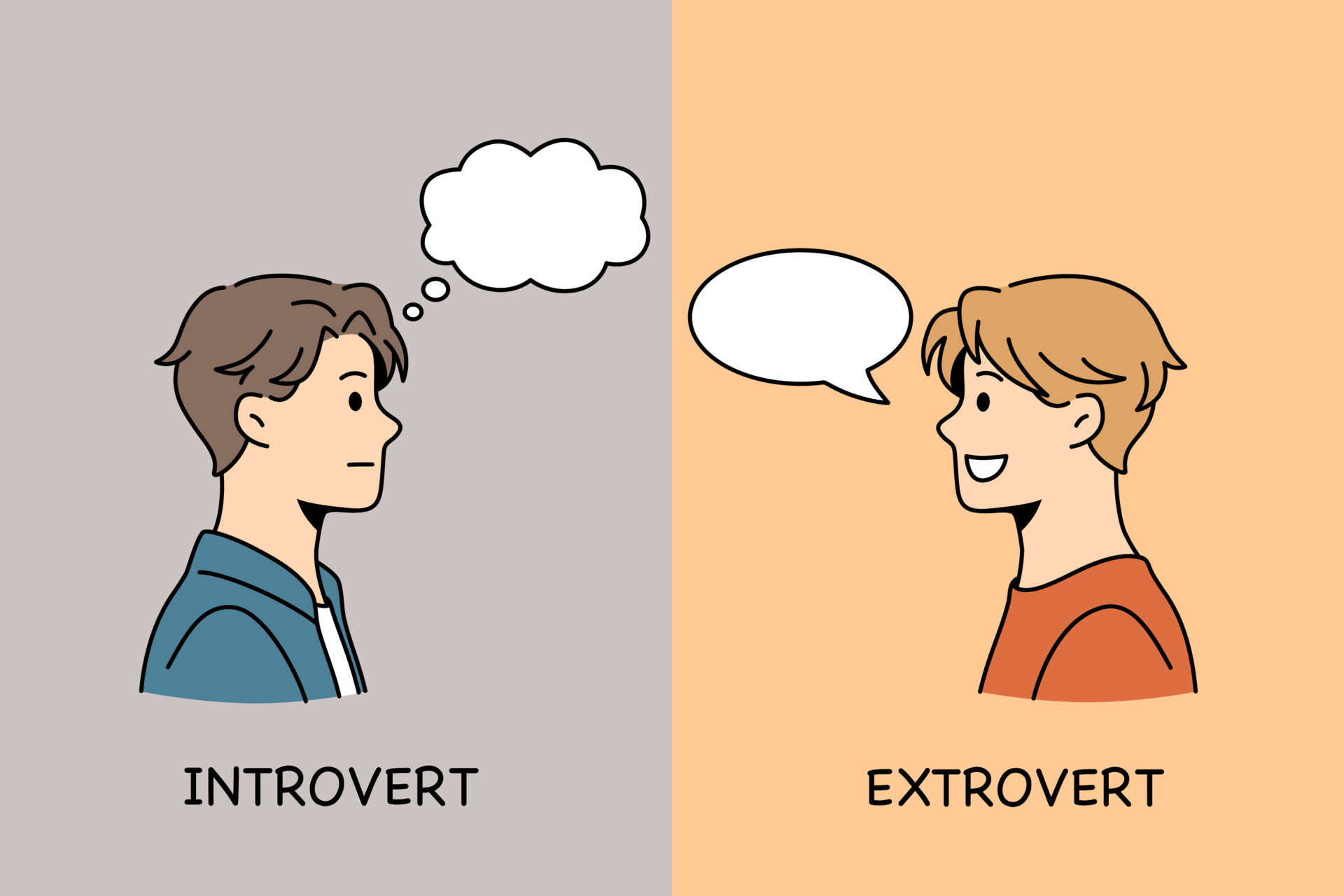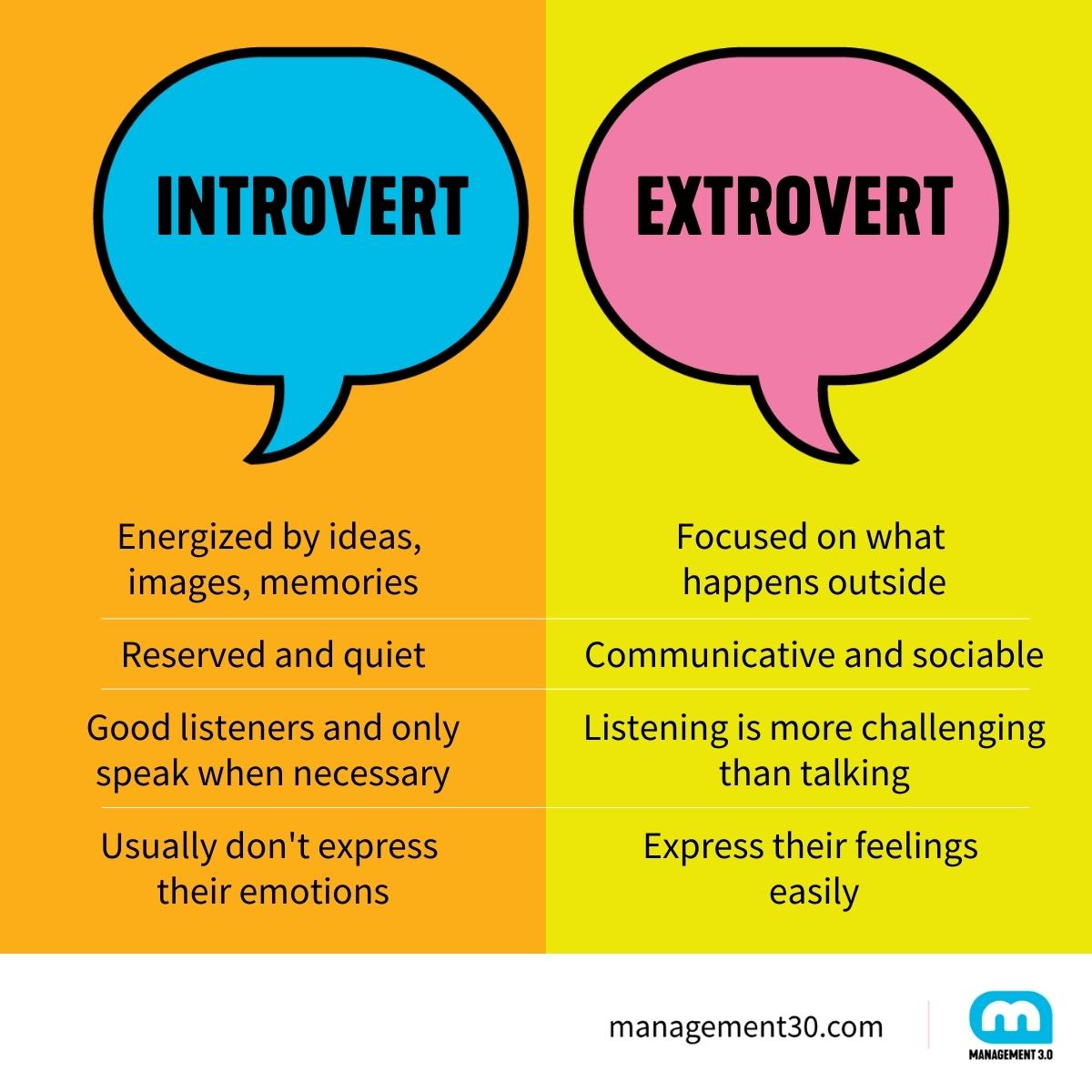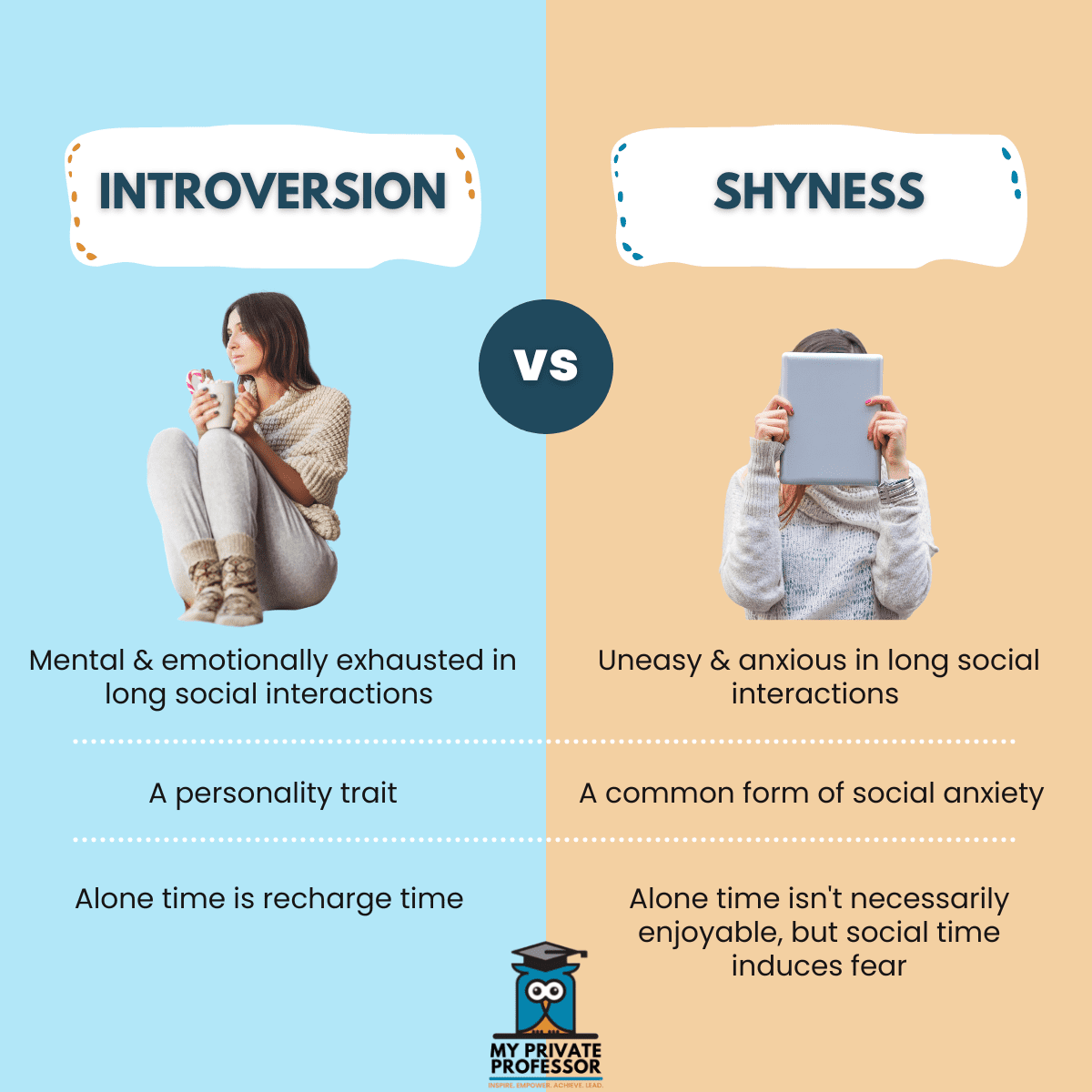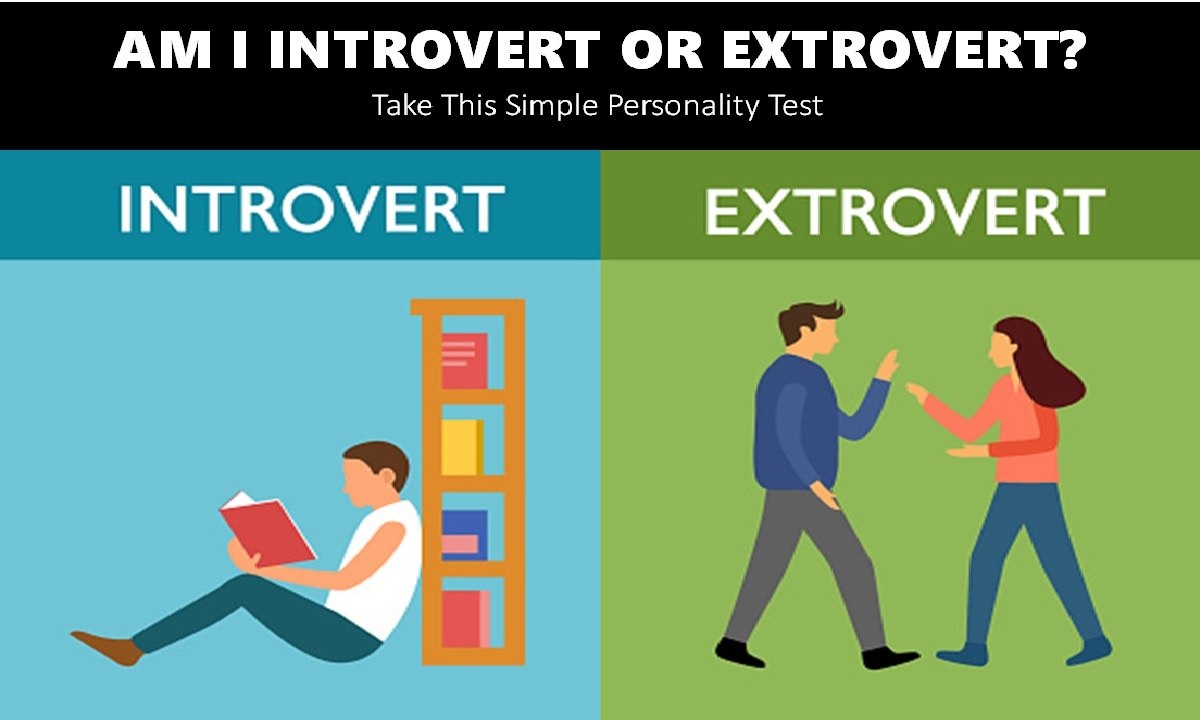Can You Change From An Introvert To Extrovert
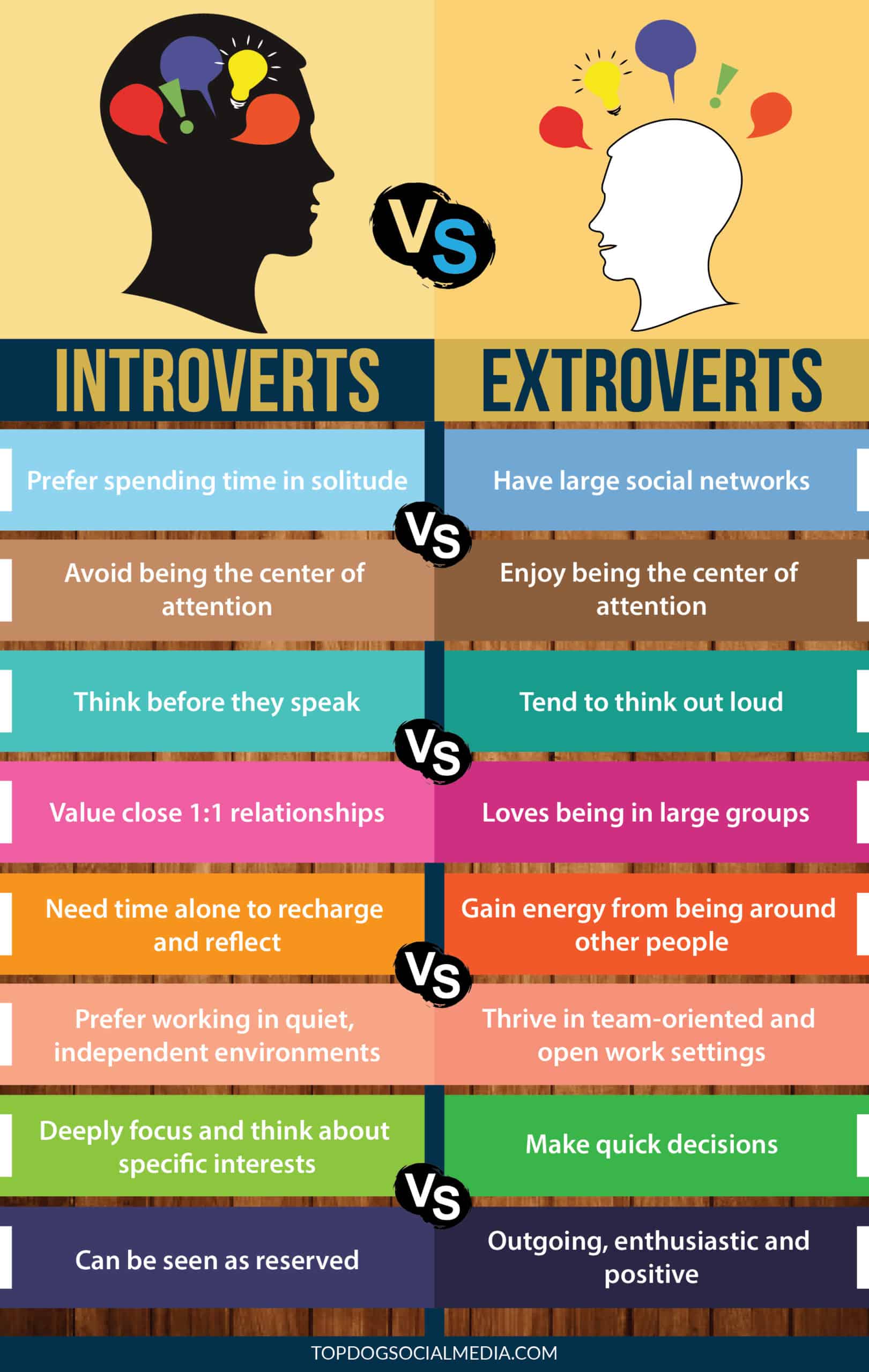
Is personality destiny? The question of whether an introvert can truly transform into an extrovert has sparked debate among psychologists and self-help enthusiasts alike.
While completely overhauling one's core personality is unlikely, research suggests that individuals can adapt their behaviors and develop extroverted traits.
Understanding Introversion and Extroversion
Introversion and extroversion, popularized by Carl Jung, are typically viewed as ends of a spectrum. Introverts gain energy from solitude and reflection.
Extroverts, conversely, thrive on social interaction and external stimulation. Traditional views held personality as largely fixed, especially by adulthood.
The "Set Point" Theory
The "set point" theory proposes that personality traits are relatively stable throughout life. Genetics play a significant role in determining this "set point."
However, this doesn't mean that change is impossible. Individuals can consciously modify their behaviors and responses to social situations.
Can You Become More Extroverted? Evidence and Strategies
Studies indicate that personality traits are not entirely immutable. Research published in the Journal of Personality and Social Psychology demonstrates that targeted interventions can lead to shifts in personality expression.
These interventions often involve practicing extroverted behaviors, such as initiating conversations, engaging in social activities, and expressing oneself more assertively.
The key lies in adopting these behaviors consistently over time. This requires conscious effort and a willingness to step outside one's comfort zone.
Behavioral Adaptations
Several strategies can help introverts develop extroverted skills. Start by setting small, achievable goals, such as attending one social event per week.
Practice active listening and asking open-ended questions to engage others in conversation. Joining clubs or groups with shared interests can also provide structured opportunities for socialization.
It is also critical to build your confidence. "Fake it 'til you make it" is a popular advice for a reason.
Long-Term Outlook
While an introvert may not become a quintessential extrovert, they can certainly become more comfortable and adept at navigating social situations. This is especially valuable in professional settings or when pursuing personal goals that require strong interpersonal skills.
It is also important to note that true change requires self-awareness. Understand your own comfort level and make adjustments accordingly.
Caution: Authenticity Matters
Attempting to completely suppress one's introverted tendencies can be detrimental. Introverts need time for solitude and reflection to recharge.
Forcing oneself into constant social engagement can lead to burnout and decreased well-being. It's crucial to strike a balance between adapting to social demands and honoring one's innate preferences.
The goal should not be to become someone you are not. Rather, embrace the adaptability of your behavior and your confidence.
The Verdict: Adaptation, Not Transformation
While a complete personality overhaul is unlikely, introverts can cultivate extroverted skills and behaviors. This involves conscious effort, consistent practice, and self-awareness.
The process is more about adaptation and skill-building than a wholesale transformation. Remember to prioritize authenticity and well-being throughout the journey.
Future research will explore the specific mechanisms by which behavioral interventions influence personality expression. In the meantime, individuals can take proactive steps to enhance their social skills and broaden their comfort zones.
